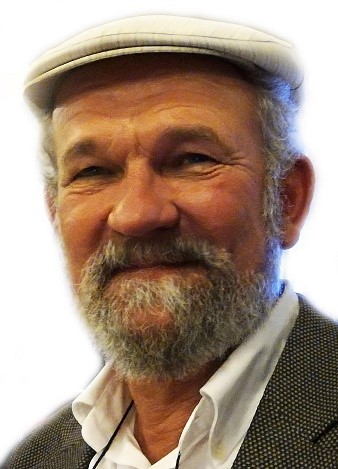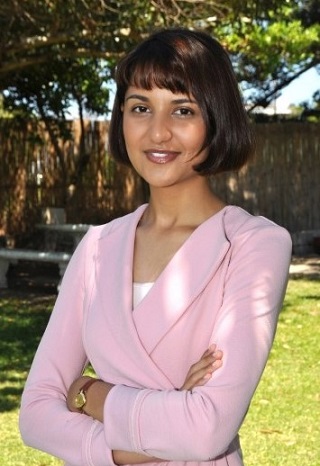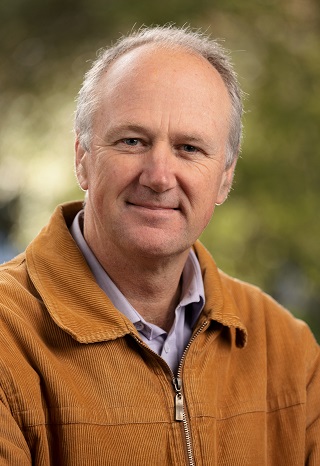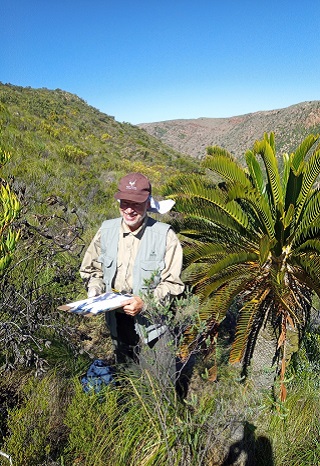Keynote Speaker:
 |
Prof B-E van Wyk University of Johannesburg, South Africa Prof Ben-Erik Van Wyk is a Professor at the University of Johannesburg in the Department of Botany and Plant Biotechnology. He is a plant taxonomist with a research interest in ethnobotany and economic botany. He has authored and co-authored more than 300 scientific papers, 20 books (including ca. 50 edition and translations), 40 taxonomic revisions, and more than 100 new taxa. In 2013 he was awarded the NRF/SARChI National Research Chair in Indigenous Plant use, in 2015 the SAAB Gold Medal and in 2020 the M.T. Steyn Award for Natural Sciences and Technology Research and Excellence, by the South African Academy of Science. He has supervised numerous postgraduate students, many of whom received prestigious awards and became professors themselves. He is an editorial member of the South African Journal of Botany, Subeditor-in-Chief of Diversity, and regularly reviews manuscripts, theses and grant applications. He served on various NRF committees and organized conferences, including three international conferences and 22 annual conferences of the Indigenous Plant Use Forum, of which he has been re-elected annually as chairman since 1996.
|
Plenary Speakers:
 |
Dr. Rudo Ngara University of the Free State, Qwaqwa campus Dr. Rudo Ngara completed an MSc in Biotechnology at the University of Zimbabwe in 2000 before enrolling for doctoral studies at the University of the Western Cape in 2005. She obtained her doctoral degree in 2009, before working in the same university as a Post-doctoral research fellow and lecturer on a fixed-term contract. In September 2013 Dr. Ngara joined the University of the Free State as a lecturer in the Department of Plant Sciences-Qwaqwa campus. She currently holds a Senior lecturer position and supervises postgraduate students in a range of projects in plant stress biology. From 2016 to 2020, Dr. Ngara held a Royal Society-Newton Advanced Fellowship hosted by the Department of Biosciences, Durham University, UK. Generally, her research interests lie in understanding how crops, particularly cereals, respond and adapt to a range of abiotic stresses such as drought, salinity and heat either individually or as combined stresses. This line of research is motivated by the need to develop crops that produce maximally under harsh environmental conditions and thus enhance food security. With the current projections in global climatic change and its effects on food security, the need to increase crop production under hot and dry conditions is increasingly becoming a priority worldwide. Dr. Ngara’s small but growing research group uses systems biology approaches to answer their research questions. Links: |
 |
Miss Zaynab Shaik Stellenbosch University Winner of the Best Young Botanist award at the 46th annual SAAB conference Miss Shaik is a PhD in the Department of Biological and Environmental Sciences at Gothenburg University, Sweden, and a junior lecturer in plant genomics at Stellenbosch University, South Africa. She completed her Bachelors, Honours and Masters degrees in the Biological Sciences at the University of Cape Town (2013-2019). Her MSc focussed on species delimitation and speciation process in the widespread, morphologically variable species complex Seriphium plumosum using massively-parallel sequenced molecular data. After her MSc, she completed a one-year internship in plant taxonomy at the Compton Herbarium, SANBI. Her present research, supervised by Prof Bengt Oxelman (GU), Prof G Anthony Verboom (UCT) and Dr Nicola Bergh (SANBI), is focused on the Stoebe clade of paper daisies, a monophyletic group centred in the Cape Floristic Region (tribe Gnaphalieae: subtribe Relhaniinae) encompassing approximately 70 recently-speciated (±5Ma) species in eight genera. Her thesis work will address speciation mode in the clade, reconstruct a dated phylogeny for the group using targeted enrichment markers captured using the Asteraceae Conserved Orthologous probe Set (COS II; Mandel et al., 2014; 2019), and more generally will address the influence of molecular information content and migration on phylogenetic inference where both incomplete lineage sorting and migration are explicitly modelled in the Bayesian multispecies coalescent-based method DENIM (Jones, 2019).
|
 |
Dr. Matt Buys New Zealand Forest Research Institute, New Zealand Dr. Matt Buys is an alumni of Stellenbosch University, undertaking a systematic revision of Lobostemon (Boraginaceae) for his Ph.D. thesis. He lectured plant systematics and was the curator of the A.P. Goossens Herbarium at the North-West University from 1998–2006. During this time he developed an interest in the summer-rainfall mesembs (Aizoaceae), in particular Chasmatophyllum and Delospermum. He joined the Compton Herbarium (South African National Biodiversity Institute (SANBI)) in 2006 where he continued research in the Aizoaceae, this time focusing on Oscularia, a genus endemic to the winter-rainfall area of South Africa. He also established an interest in managing occurrence and taxonomic data and initiated the trial of the Botanical Research And Herbarium Management Software (BRAHMS) for specimen loan administration at the Compton Herbarium and provided basic BRAHMS training and support for the Angolan Biodiversity Census pilot project. He is currently based at the New Zealand Forest Research Institute (a.k.a. Scion), in Rotorua, New Zealand, where he manages disparate biological collections in an integrated manner as Project Lead for Scion’s BioCollections. He is also Team Lead for Plant Systematics & Collections, and the curator of the National Forestry Herbarium and Xylarium. His translocation to the southern Pacific has spawned a research interest in Pacific Mytaceae, in particular Metrosideros and Leptospermum, in response to primary industry drivers and plant pathogen challenges facing the region.
|
 |
Dr. Hugo Bezuidenhout SANParks Dr Hugo Bezuidenhout is a Specialist Plant Ecologist for SANParks with over 30 years of experience in vegetation and soil ecology patterns, processes and interactions. He is also experienced in Integrated Environmental Management (IEM) Practises. Dr Bezuidenhout is also experienced in lecturing, postgraduate supervision and examination, journal review and has had numerous invitation to serve on advisory boards. Dr Bezuidenhout has published over 50 articles and attended numerous conferences.
|
